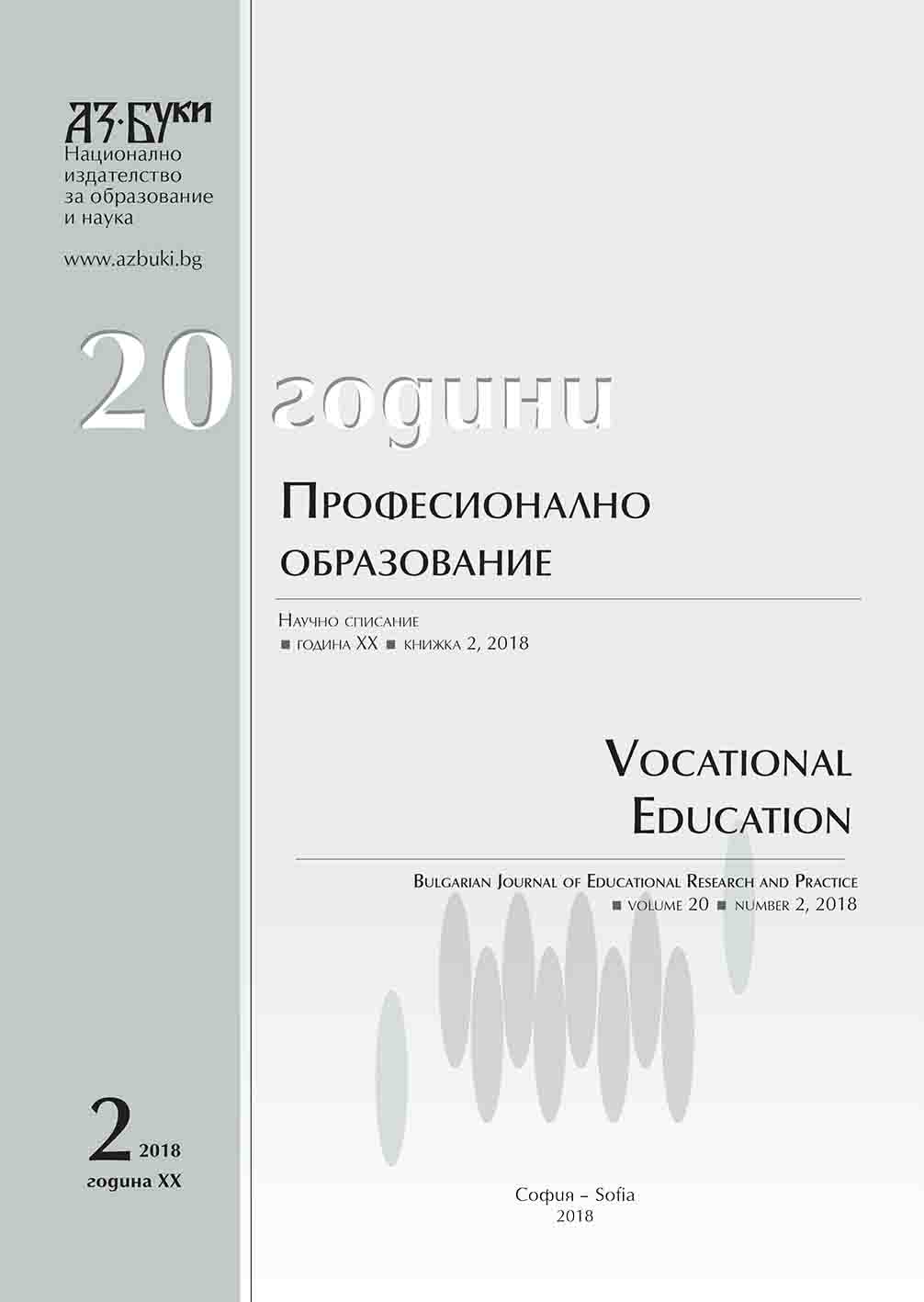Продължаващо обучение – същност, форми и предпоставки за развитие
Continuing Training – Nature, Forms and Prerequisites for Development
Author(s): Anzhelina Yaneva, Ivaylo ProkopovSubject(s): Social Sciences, Economy, Education, Sociology, Vocational Education, Adult Education, Educational Psychology, State/Government and Education, Social development, Social differentiation, Family and social welfare, Economic development, Social Norms / Social Control, Globalization, Inclusive Education / Inclusion, Socio-Economic Research, Sociology of Education
Published by: Национално издателство за образование и наука „Аз-буки“
Keywords: lifelong learning; non-formal learning; formal learning; informal training
Summary/Abstract: In the modern high-tech and rapidly developing world, it is imperative to provide training opportunities for all adults throughout their live – especially for disadvantaged ones. Lifelong learning covers formal, non-formal and informal learning, whether for the purpose of improving one’s basic skills or acquiring new ones, acquiring new qualifications, or raising qualifications - for finding a new job, personal growth or for achieving other goals. This is the reason for creation of systems for adult learning, characterized by flexibility, high quality, high level teaching and full involvement of all relevant institutions.Non-formal and informal learning does not oppose formal, but rather, they complement and conceive, at the same time may exist in symbiosis. The training can be done in a specific context, meaning the specific objectives, with appropriate resources (funding and qualified staff) and conditions. Lifelong learning can be an integral part of the goal for turning the European economy into a competitive and dynamic economy of knowledge.
Journal: Професионално образование
- Issue Year: 20/2018
- Issue No: 2
- Page Range: 155-163
- Page Count: 9
- Language: Bulgarian
- Content File-PDF

